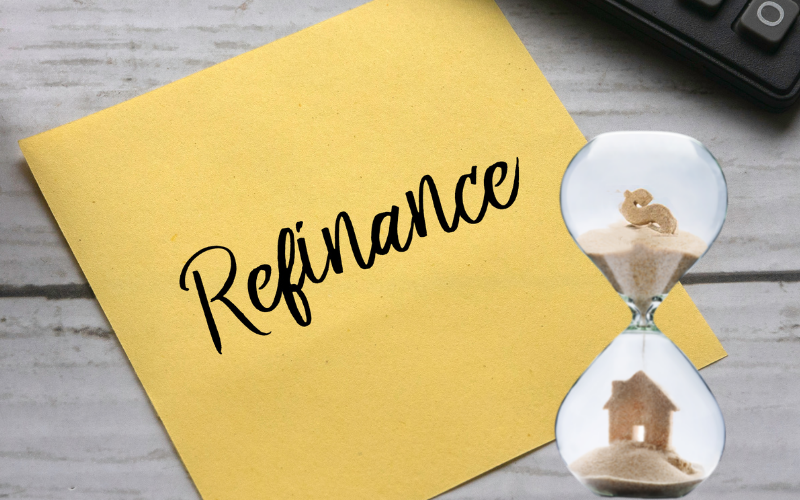The Top Reasons To Pay Off Your Mortgage Before You Retire
 As you get closer to your retirement age, you should try to discharge as much of your debt as possible. Unfortunately, many people close to the age of retirement still have a significant mortgage balance they need to pay off. What are some of the top reasons why you should pay off your mortgage before you retire?
As you get closer to your retirement age, you should try to discharge as much of your debt as possible. Unfortunately, many people close to the age of retirement still have a significant mortgage balance they need to pay off. What are some of the top reasons why you should pay off your mortgage before you retire?
Your Portfolio Might Not Generate As Much Interest
You may have a very low rate on your mortgage, which means that your money is better served in the stock market; however, as you approach the age of retirement, your portfolio might not generate as much interest because you are shifting more of your assets into less risky investments. As a result, you might want to pay down your mortgage faster, as the interest rate between your mortgage and your portfolio is no longer as large.
Free Up More Cash
You should also try to pay off your mortgage because you will free up more cash. You want to enjoy your golden years, but if you are still spending thousands of dollars every month paying off your mortgage, your money will not go as far. You may not be ready to tap into those retirement accounts just yet, so you can generate more cash by paying off your mortgage now. Try to pay off your mortgage before you retire to maximize your golden years.
Tap Into Your Home Equity Later
Do not forget that your house can also be a very important retirement asset. If you are concerned about running out of money and your retirement account, you can tap into your home equity as an extra source of cash; however, what if you still have a mortgage on your house? You might not have as much equity to use. While you are still making money now, you should try to pay off your mortgage.
Pay Off Your Mortgage Before You Retire
Clearly, there are a lot of reasons why you should try to pay off your mortgage before you retire. When you retire, your income may drop significantly, so you should try to pay off your mortgage while you still have the flexibility to do so right now.
 If your financial situation has changed, you might be interested in refinancing your mortgage. In general, refinancing means that you will replace your current mortgage with a new one. The process of refinancing is similar to the process of applying for a mortgage, but you need to think about your goals during the refinancing process. That way, you can put yourself in the best financial position to be successful.
If your financial situation has changed, you might be interested in refinancing your mortgage. In general, refinancing means that you will replace your current mortgage with a new one. The process of refinancing is similar to the process of applying for a mortgage, but you need to think about your goals during the refinancing process. That way, you can put yourself in the best financial position to be successful.